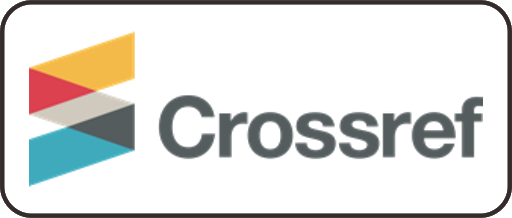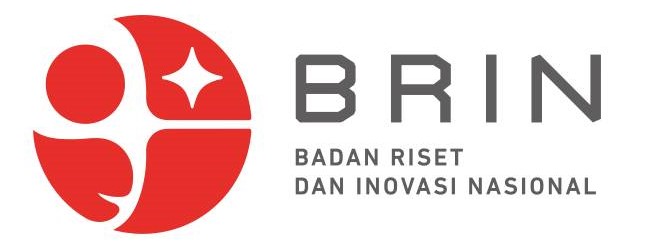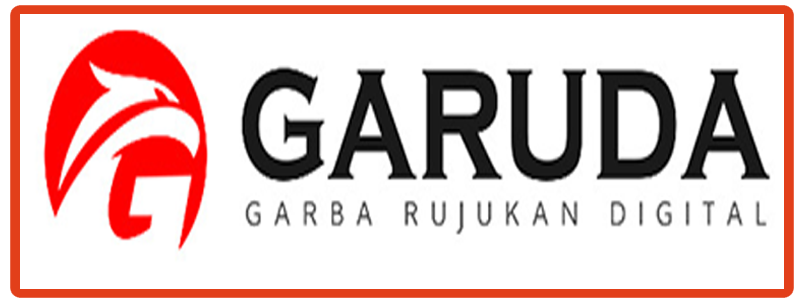Pengaruh Status Sosial Ekonomi Terhadap Performa Akademik Peserta Didik Kelas 3 UPTD SDN Banyuajuh 2
DOI:
https://doi.org/10.61692/jpep.v2i1.262Keywords:
Parents’ socioeconomic, Learning outcomes, Mathematics, Islamic EducationAbstract
This study aims to analyze the influence of parents' socioeconomic status on the academic performance of third-grade students at SDN Banyuajuh 2 in Mathematics and Islamic Religious Education subjects. Socioeconomic status includes parents' education level, occupation, and income, which play a role in supporting students' learning processes. The research method used is descriptive qualitative, with data collected through observation, interviews, and documentation. The results show that students from higher socioeconomic backgrounds tend to have better access to learning facilities, such as books, technology, and additional tutoring, which contribute to their academic achievement. On the other hand, students from middle socioeconomic backgrounds face limitations in accessing learning resources, which can affect their academic outcomes. These findings indicate the need for greater attention from both schools and parents in providing optimal academic support for students from diverse economic backgrounds.
References
Banks, J. A. (2006). Cultural diversity and education: Foundations, curriculum, and teaching (5th ed.). Boston: Pearson Education.
Bourdieu, P. (1986). The forms of capital. In J. Richardson (Ed.), Handbook of theory and research for the sociology of education (pp. 241–258). New York: Greenwood Press.
Giddens, A. (2009). Sociology (6th ed.). Cambridge: Polity Press.
Majone, G. (1989). Evidence, argument, and persuasion in the policy process. Yale University Press.
Moleong, L. J. (2017). Metodologi penelitian kualitatif (Edisi revisi). Bandung: Remaja Rosdakarya.
Rahmawati, L., et al. (2024). Kesenjangan ekonomi dan dampaknya terhadap kualitas pendidikan dasar. Jurnal Ketimpangan Sosial, 12(1), 22–35.
Rachmawati, N., & Kurniawan, D. (2024). Ketimpangan akses teknologi dan performa belajar siswa pasca pandemi. Teknologi dalam Pendidikan, 7(1), 60–70.
Sugiyono. (2018). Metode penelitian pendidikan: Pendekatan kuantitatif, kualitatif dan R&D. Bandung: Alfabeta.
Suhendar, A., & Hidayati, T. (2023). Korelasi pekerjaan orang tua dan prestasi akademik siswa di sekolah pinggiran. Edukasi dan Masyarakat, 8(2), 45–53.
Widodo, W., & Lestari, M. (2023). The role of parental socio-economic status in supporting student learning in Indonesian primary schools. International Journal of Educational Research, 49(2), 72–89.
Yuliana, E., & Sari, R. (2023). Pengaruh tingkat pendidikan orang tua terhadap prestasi belajar siswa di sekolah dasar. Jurnal Pendidikan Dasar, 15(1), 10–18.
Downloads
Published
How to Cite
Issue
Section
License
Copyright (c) 2025 Jurnal Pengembangan dan Evaluasi Pendidikan

This work is licensed under a Creative Commons Attribution-NonCommercial-NoDerivatives 4.0 International License.








